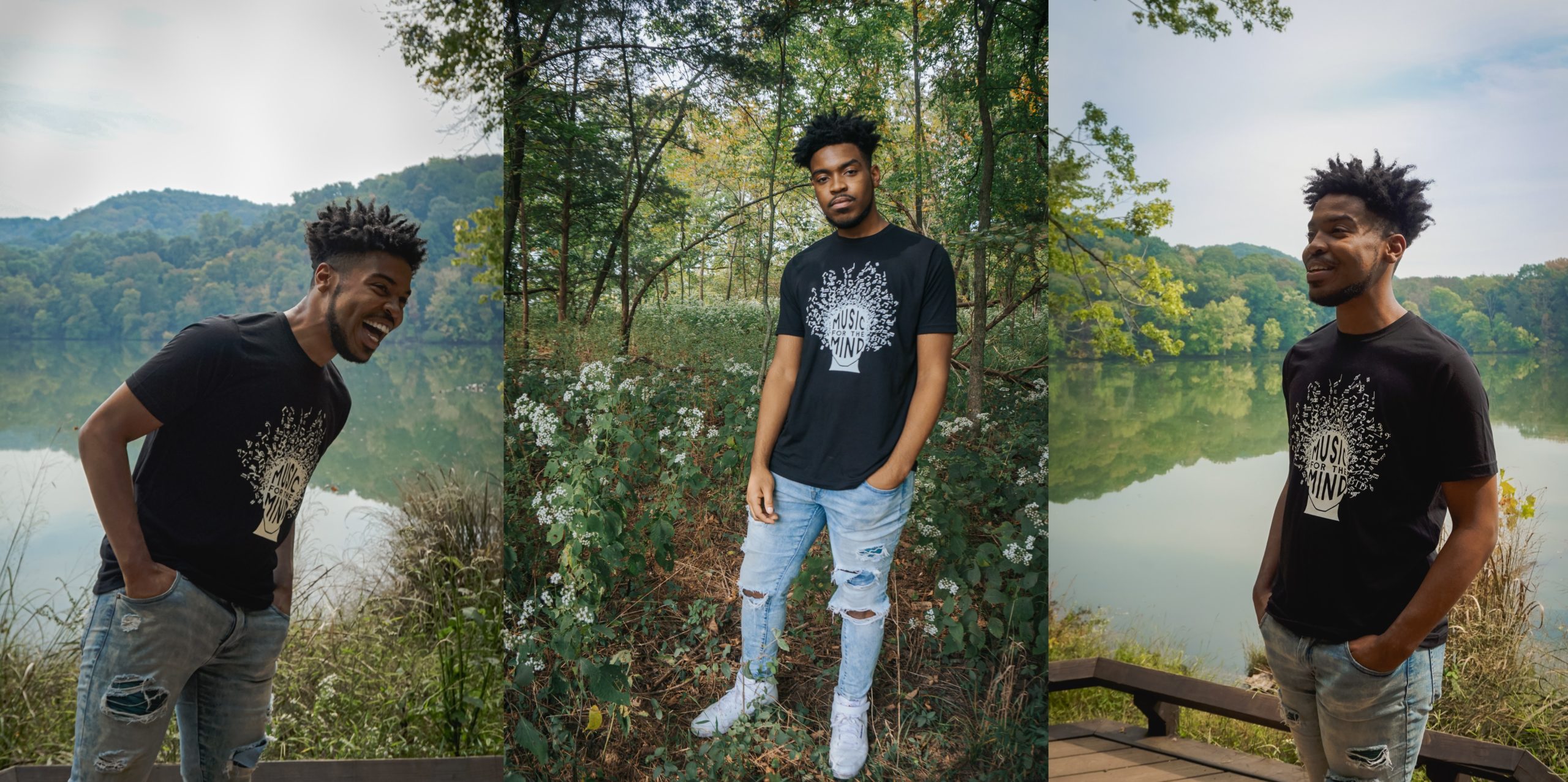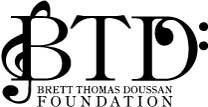John Tucker

John Tucker is a Nashville-based, Ohio-bred published songwriter, multi-instrumentalist, and dynamic performer. Though his official industry career is only a few years old, John has built his life around musical expression, and it shows. In addition to co-writing some of the most noteworthy new music to come out of the Nashville pop/R&B scene, John’s debut single, “Rewind,” (2019) landed him on multiple Spotify editorial playlists, and continued releases have amassed the artist over 1 million streams and counting, across multiple musical platforms. With over 53,000 followers on the streaming platform alone, John’s independent artist journey surely does not indicate a lack of strong musical identity and connection to fans, routed in authentic storytelling from his unique perspective. Coming off the release of his latest EP, “Summertape,” (2020), read on to gain some more insight into John’s thoughts on music, mental health, and all that comes with it.
How would you describe your music in three words?
Eclectic…worldly…soulful.
You originally entered the music industry as a songwriter for other artists. What inspired you to transition to being an original artist and taking on the performance of those songs, instead of shopping them to other artists?
I originally moved to Nashville with the goal of being a songwriter only. But, I've been on stages in front of people my whole life. My family has a church, so I was in the choir; I started doing theater; I was in a local touring act in Columbus (Ohio) performing at county fairs; I had gotten used to the attention. But when I got to Nashville, I still hadn't really processed my life story yet, realizing how rough it had been. Once I got the time to just breathe, I was able to start putting those stories into words. The song “Rewind” is literally talking about a period when I was in Ohio and miserable, because I wanted to be chasing music… but I wasn’t doing that. It took time to say goodbye to that dark period of my life, but I eventually walked into this very positive period. I walked into myself. Which helped me take that walk into being an artist.
In reflection of those rough life experiences you alluded to, how has music helped you get through some of the bigger challenges in your life?
I write every day and I really always have. I write in sessions, in my home studio, anywhere. This year it’s been about waking up every day and thinking, “What am I really dealing with?” Being honest with emotions and recognizing there’s no need to write hypothetical stories. Things like going out to the club, partying, that hasn’t been the vibe this year (in 2020), and instead it’s been dealing with myself. Reflecting, and pouring that into the music. It’s just very therapeutic for me.
How has your musical output changed or grown through your career?
I think once I went through that period of taking the focus off of me, constantly pouring into other artists, it allowed me to tell other people's stories. But it was building inside of me that whole time that I had things to say, so some of the songs I wrote started being for me to tell my story. I realized that I had a story to tell in just how I represent a lot of different groups of people. I represent people who have had their fathers go to jail, people who had family tied up in drugs, I represent people who have come out of very religious homes and have been somewhat excommunicated from the church because of their lifestyles, I represent the LGBTQ crowd, and I represent being a black male. For some reason, coming up, I never felt special. But, when who I am and who I represent started to become clear to me, and I allowed myself to step into those identities, confidence started to come with that. Once I did that, I realized, “Oh, damn, there’s a lot of people like me that don’t have a voice, and it’s time to speak for them.” There is an open hole in the music industry market, and somebody’s got to help fill the hole.
It seems like you’re motivation to be an artist is just as much driven by your desire to tell your story, as it is to liberate others who aren’t as empowered to share theirs. How does that connect for you?
I know what that feeling is, when you’re so bunkered down by all of these social or external factors that have nothing to do with you are inside. It’s society, trying to tell you, “you’re this person,” “you need to be this person,” “you need to do this,” because it’s the norm. And, I am just the opposite of that, so I want to be able to speak to, and for, those people who are marginalized, or called “other.” I’ve realized that when somebody like myself is able to actualize and break free from the expectations, there’s a lot of power in that. And more people can feel represented, and also empowered, by witnessing that break. I’m not the beginning of all of that, but I hope to continue the story, and break down doors for more folks to come. It’s important to me do that.
You’ve noted how much music is therapy for you. What does the concept of “Music for the Mind” mean to you?
Music is so divine to me. I get emotional sometimes just talking about it, and what it's done for me, what it continues to do. Music is a constant friend, it’s always there. We’re so immersed in it that sometimes we don’t even realize its significance. You can’t go one day without hear music on the radio in a car, or in a store, or on the street – it’s everywhere. It’s become such a part of us that it seems to stem some sort of mental need, to hear it every day. Music is just that powerful.
In addition to using music as a cathartic measure, how else you manage your mental well-being?
Hmmm. Music is a really big part of my mental health, but this year I’ve also been better about walking, being outside, and refocusing. I walk nearly every day, and I make sure to keep my phone away so I’m not focused on what’s happening there instead of being present in the moment, the movement. Being outdoors helps shift my focus, and like we talked about earlier, reflect on where and who I am. I also have to say, creating boundaries in social relationships has a big influence on my mental health. Like, maybe I won’t call this person today, because I know it’s not going to help me improve my mood or focus. Or maybe I’m not going to this event, because it’s not what I need right now. It took a lot of my life to learn how to develop boundaries with the people I’m connected to or care for, and when to know it’s okay to have some really hard boundary lines, to keep myself supported and healthy.
Last but not least, what is something you’d like to leave with our readers at the close of this interview?
Continue to walk in truth. Dig deep, and have those reflective moments with yourself, that allow you to know yourself more. When you know who you are, you will always find your way back. It makes it easier to stand when lies and imaginations try to knock you off your center, and trust me, they will.
Follow John Tucker at:
Official – https://www.johntuckermustlive.com
Facebook – https://www.facebook.com/Johntuckersongs/
Instagram – https://www.instagram.com/johntuckermusic/
Spotify - https://open.spotify.com/artist/4rCiRoIHVZTa4E24lTteEa
YouTube - https://www.youtube.com/channel/UCOrbon_bZhHgvE07JJArvIA
All photos by Melissa Croft for the Brett Thomas Doussan (BTD) Foundation.

